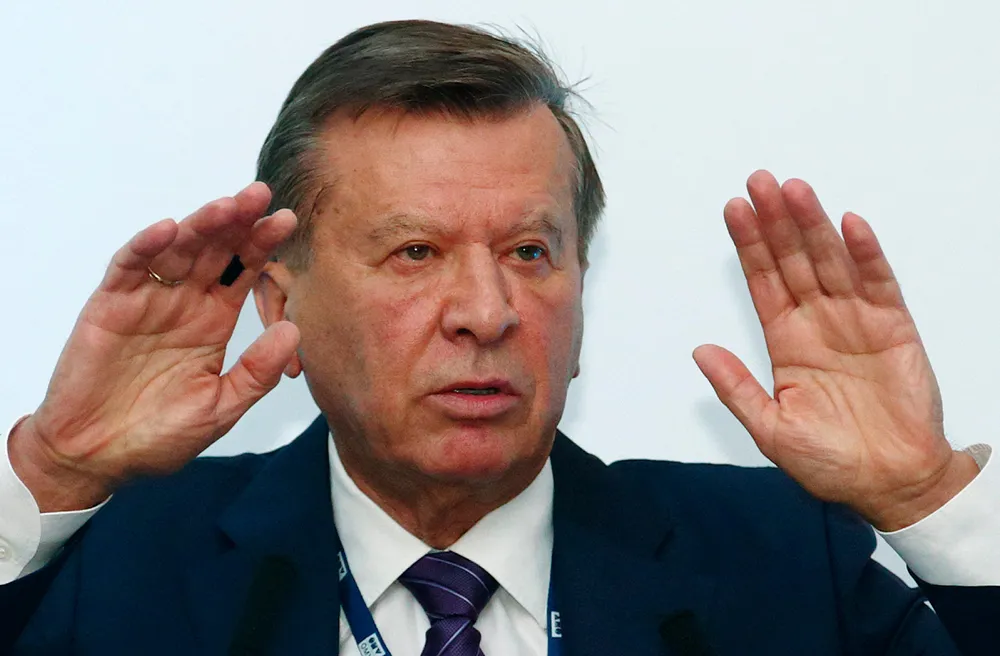Poland targets Nord Stream 2 support vessels 'infringing economic interests'
Country wants its opposing stance on Russian gas pipeline project to be heard by other European nations

Country wants its opposing stance on Russian gas pipeline project to be heard by other European nations
